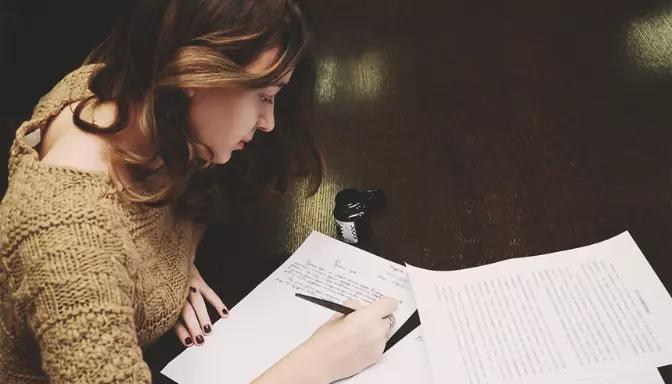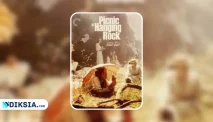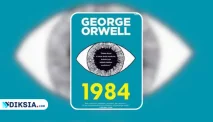A proofreader is usually involved in the last stage of writing after you have a final draft that has been edited by other types of editors and formatted by a designer or publisher. They can work with you from a printed proof or from a digital file. A proofreader can help you with:
- Catching any spelling or punctuation errors
- Ensuring consistency in formatting and style
- Checking for any layout or design issues
- Marking any corrections using standard symbols or software tools
- Communicating any changes to you or the publisher
A proofreader does not focus on content, structure, or language. They focus on the final touches and the presentation of your book.
As you can see, each type of book editor has a different role and responsibility in the book editing process. Depending on your needs and budget, you may choose to hire one or more types of editors to help you shape your literary masterpiece.
A book editor is more than just a proofreader or a critic. A book editor is a partner who can help you improve your writing, refine your ideas, and polish your book. A book editor can help you achieve your goals as an author and create a book that you and your readers will love.
The Importance of Book Editing
Book editing is an essential part of the publishing process. A well-edited book is more likely to be successful with readers. It will be easier to read and understand, and it will be free of errors that could distract from the author’s message.
In addition, book editing can help to improve the quality of a book. A good editor can help an author to polish their writing and to make their book more powerful and engaging.
How to Become a Book Editor
There are a few different ways to become a book editor. Some people start out as editorial assistants and work their way up to editor positions. Others have a background in English or journalism and then go on to get an editing certificate or degree.
No matter what path you take, it is important to have a strong understanding of grammar, spelling, and punctuation. You should also be able to read critically and to identify areas where a book can be improved.






